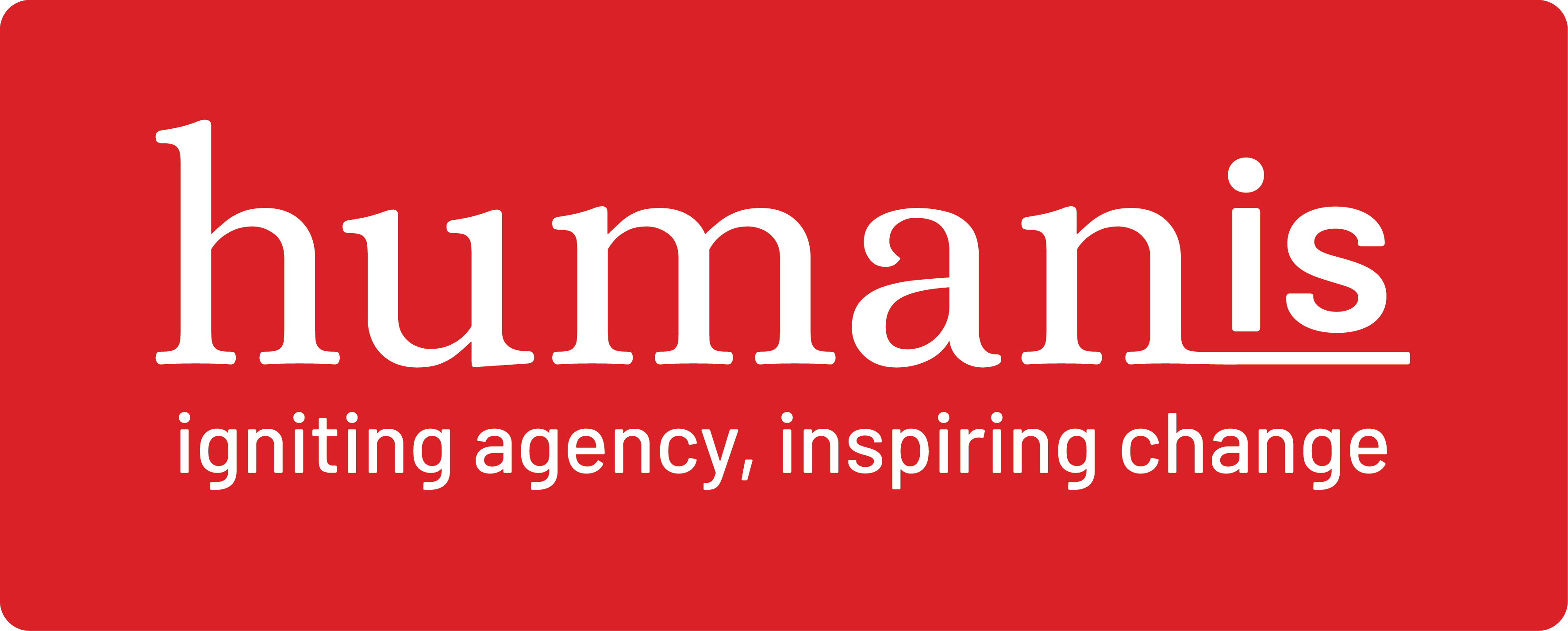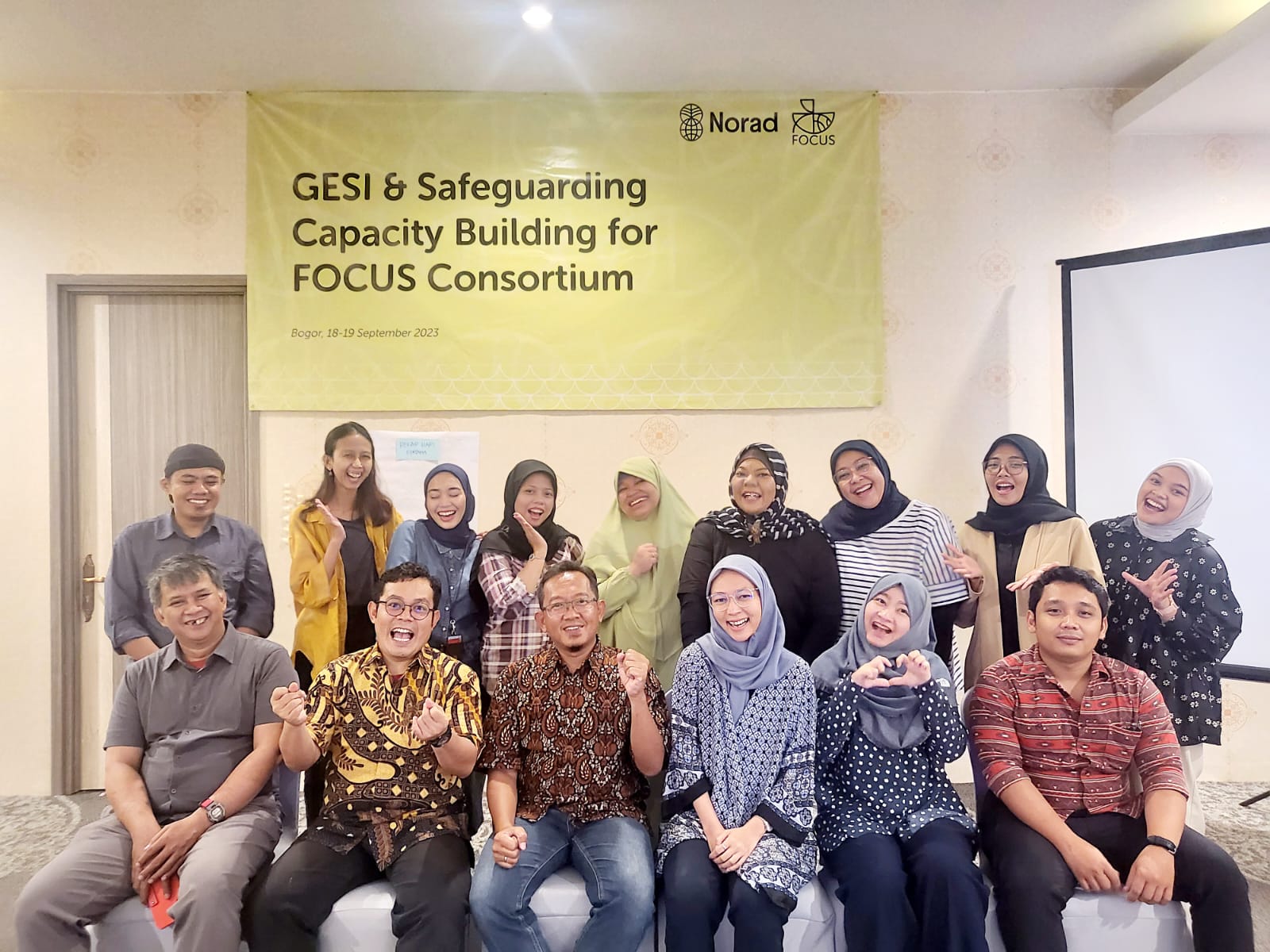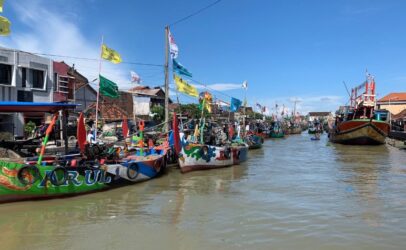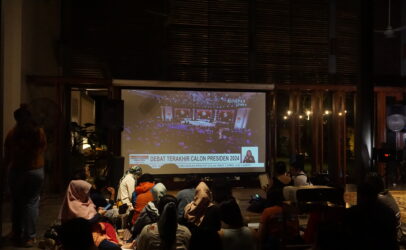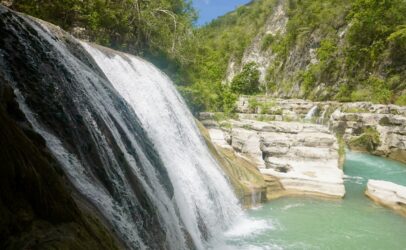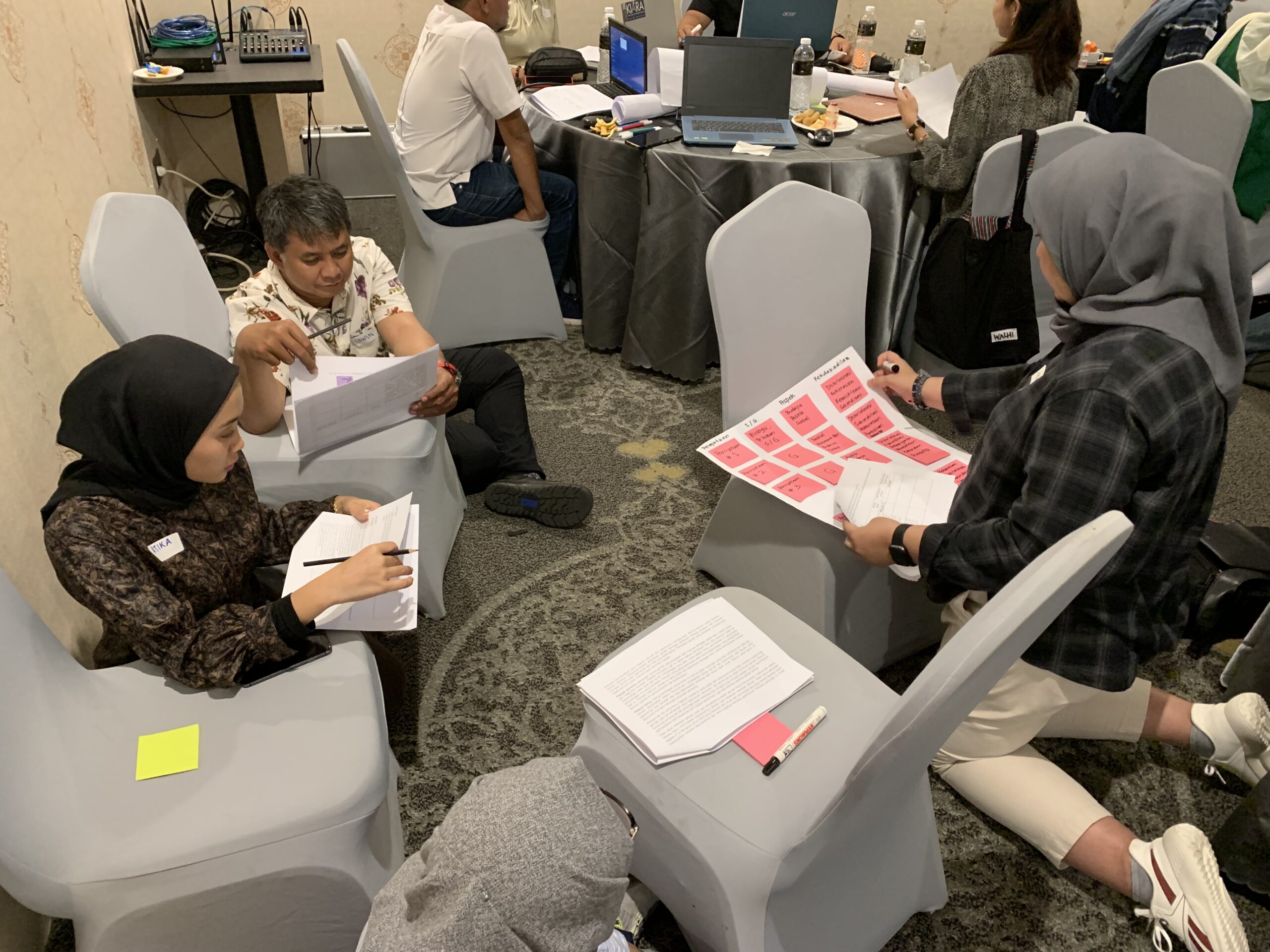
Indonesia, as an archipelagic country, is particularly vulnerable to the adverse effects of climate change. Unfortunately, programs and policies that aim to improve coastal communities’ resilience to climate change often appear neutral or even masculine in nature, assuming homogeneity within these communities. When referring to a “community” or “society”, men are often used as the standard, while women and other groups are considered as “the Other” (de Beauvoir, 1989). In reality, they have varying experiences and unique needs that require different approaches, especially when it comes to strengthening climate resilience.
Understanding the significance of mainstreaming Gender Equality and Social Inclusion (GESI) in the context of climate change, disaster management, and sustainable food systems, Yayasan Hivos, as the lead consortium of FOCUS (Fisherfolk Empowerment for Climate Resilience and Sustainability) conducted a Capacity Building on GESI and Safeguarding for its consortium members. To ensure that this project aligns with do no harm principle, Safeguarding was an essential part discussed in this training, strengthened by an intersectionality lens, which was first introduced by Kimberle Crenshaw in 1989. This capacity building was specifically designed based on the needs of FOCUS’ consortium members, including WALHI, KIARA, PKSPL-IPB, and Yayasan Hivos. The training took place on September 17-18, 2023, at Hotel Savero Style in Bogor, with the aim of promoting a more inclusive and equitable approach to these critical issues.
Unpacking Gender Relations in Coastal Communities
This training was begun by deconstructing the differences between “sex” (nature) and “gender” (construction), which are often used interchangeably. However, “gender” does not originate from nature; it is a construction based on humans’ understanding of the history of civilization, culture, politics, religion, economics, and others. A social construction based on gender can result in unequal social relations and power among different groups. Social relations are “…structural relationships that create and reproduce systemic differences in the positioning of different groups of people.” (Kabeer in March, 1999). It determines our rights and the resources accessible to a particular group or individual (Kabeer in March, 1999).
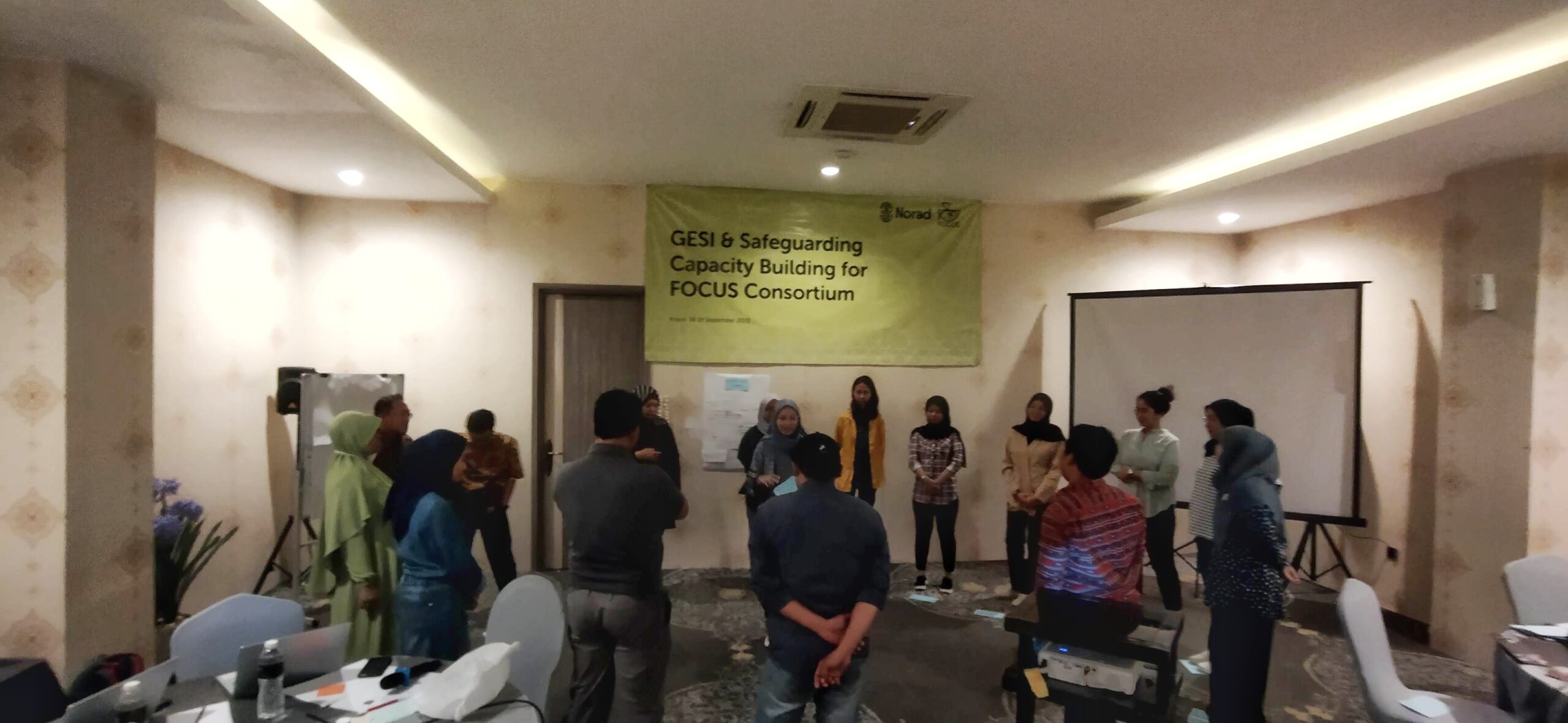
For example, this can be seen from the status of women as breadwinners or head of households. Due to gender construction, women are not considered as breadwinners in the family, which can lead to them being paid less or receive lower income than men for the same type of work. Similarly, the recognition of women’s identity as a fisherfolk is often overlooked. Because women do not necessarily involve in catching fish in the sea but rather processing, marketing, or searching for fish along the coast, the role of women in fisheries is often forgotten, or even not recognized. In fact, globally, 47% of the fisheries workforce consists of women (World Bank, FAO, and WorldFish, 2012).
In order to unpack and challenge the traditional gender norms, FOCUS uses intersectionality as a perspective, a term first coined by Crenshaw in 1989. Intersectionality is a concept that recognizes how different aspects of a person’s identity and social categorizations (such as race, gender, class, sexuality, and more) intersect and interact to create unique and compounded experiences of discrimination and privilege.
“The injustices experienced by individuals typically result in different experiences of discrimination from one person to another. In the context of a program, including FOCUS, it may bechallenging to be fully aware of each person’s unique circumstances. However, by adopting an intersectional mindset, we will remember that no matter what program is being undertaken, there will always be room for improvement.”
Nisrina Nadhifah Rahman, FOCUS Project Officer
Intersectionality is especially important for realizing resilience and sustainability. Resilience is prone to placing the blame only on individuals without paying attention to inequalities in the social structure itself (O’Grady & Shaw, 2023). Likewise, sustainability has the potential to become an empty signifier in its implementation (Davidson, 2010). Intersectionality can provide the right social context and shape GESI-responsive resilience and sustainability, in the context of climate change that affects everyone, but unevenly.
Challenges and Opportunities in Mainstreaming GESI & Safeguarding in FOCUS Project
Climate change in coastal communities is exacerbated by human activities, such as overfishing, unethical fishing practices, and seabed mining and drilling (UNEP, 2022). Therefore, it threatens the sustainability of food security and livelihoods of coastal communities. While men and women are equally impacted by climate change, due to social norms and institutional structures that marginalize women, there is a high probability of them bearing a disproportionately heavy burden in certain contexts (Aguilar et al., 2015).

In Semarang, Central Java, a preliminary study conducted by PKSPL IPB on State of the Coast (SOC) shows that women are often not recognized as a fisherfolk. The first challenge is that generally women’s work is still not recognized as work and is always connected to the domestic sphere. Fisherfolk is seen as synonymous with men and the sea is also seen as a man’s space. Even in empowerment activities, women are still placed in the domestic sphere through cooking training (SOC Semarang, 2023, unpublished). The second challenge is the double burden borne by women. In the context of the food system, women are considered to be the most responsible for the availability of nutritious food. This pattern, as stated by Aya Hirata Kimura (2013), is very common in Third World, which are also related to women as the main subject of population control. In Semarang, this is made more difficult by the presence of industrial waste, which is still difficult to control, while responsibility for food and water hygiene is still the responsibility of women alone.
However, based on these challenges, we also identified several opportunities that FOCUS project can contribute to assist the coastal communities in Central Java to effectively address climate change and coastal management.
First, the FOCUS project acknowledges the diversity of coastal communities in Central Java, including differences in resources, regulations, and social relations across the five different districts we support. According to Sandra Winarsa, the Climate Justice Program Development Manager at the Yayasan Hivos, the project’s ambition is to transition from being GESI-sensitive to being GESI-responsive. This means that we recognize existing inequalities, consider solutions, and actively work towards implementing those solutions.
Second, we are also trying to amplify the voices of marginalized groups, including women and youth, to better understand their access, control, and management of resources in their villages. One of these activities are being carried out through baseline and village profiles study, led by the Agrarian Resource Center (ARC). To ensure their meaningful participation, the research takes into account the productive and reproductive burdens faced by women; therefore, the activities scheduled based on their availability, and it was designed in a way that does not add to women’s already heavy workload. We also acknowledge that women and youth have their own knowledge and experiences in facing climate change, and these findings will inform us how to tailor the program to better address their needs.
Our objective is to promote critical awareness and engage marginalized groups in the decision-making processes related to their access and control over policies and resources, and how they can also benefit from them. The GESI & Safeguarding training was one of the first steps to realize this goal.
